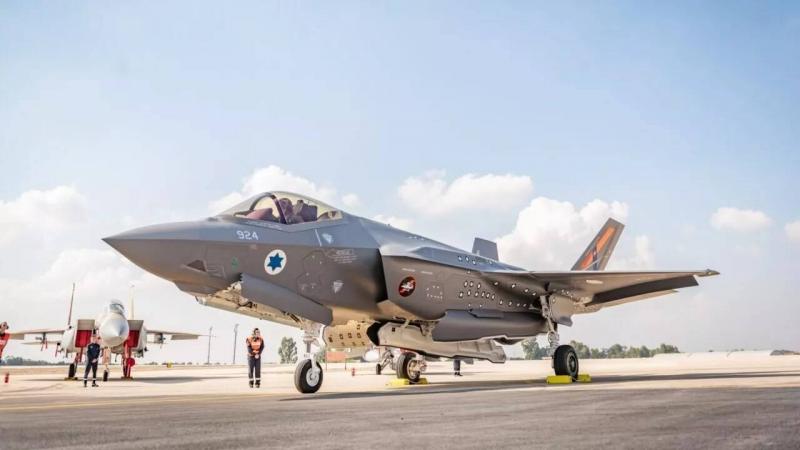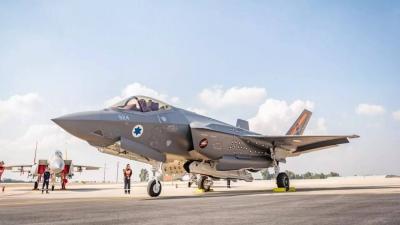The Kuwaiti newspaper "Al-Jarida" reported that a recent meeting of resistance factions in Iran discussed all possible scenarios for the future of the conflict in the region and how to support the Gaza front from parallel fronts. Sources close to Hezbollah disclosed that the decision in Tehran is clear: provide full support to allied forces across the region, with everyone preparing for further escalation if attempts to reach a ceasefire fail. The sources noted that after the meeting, communication and coordination between Hezbollah and Hamas took place, emphasizing the necessity for a tandem approach to escalation and negotiation. Hamas has been urged to adopt a tough stance in its negotiations and to refuse any concessions, based on the premise that it has no alternative to total confrontation or cessation of hostilities. Therefore, there should be no granting of truce to Israel or the release of prisoners, which would allow it to resume fighting, as the prisoner issue is the last and most significant leverage Hamas has to improve its conditions. Following renewed discussions about resuming negotiations, Hamas informed all mediators that its stance remains firm: cessation of hostilities and withdrawal of Israelis from Gaza, and to fragment the process of prisoner exchange over an extended timeframe.
Sources close to both Hezbollah and Hamas believe that Israel will find itself in a precarious position regarding the prisoners issue, and the U.S. will exert more pressure on it as the presidential election approaches. The Tehran meeting also covered ways to escalate military action from supportive fronts, as well as military coordination with Hamas regarding the necessity to diversify its military operations in Gaza and change the geographic targets of its strikes, indicating that the movement remains militarily capable of operating throughout the entire sector from north to south, maintaining the cohesion of its military strength.
Regarding Hezbollah, the sources revealed that all must pay close attention to the surprises mentioned by the party's Secretary-General, Sayyed Hassan Nasrallah, that are being prepared against the Israelis. They clarified that the surprises would come on two levels: the first relates to the types of weapons to be used later, including long-range missiles with precise targeting, as well as surface-to-air missiles capable of causing hits and countering Israeli warplanes.
It was indicated that the data suggests the party will test this type of missile, which is originally of Russian manufacture but has undergone Iranian modifications. If successfully used and able to hit or down an aircraft, it would represent a major surprise for the Israelis and for countries that were shocked by the party's previous capability to down Israeli drones over Hormuz.
The second level concerns the potential operations, which could involve laying ambushes for Israeli patrols and enclosing them in fire, or even conducting infiltration operations into Israeli sites, or executing soldier capture missions. The party has established a program that it will operate according to when necessary, and it will not rush to execute it.




